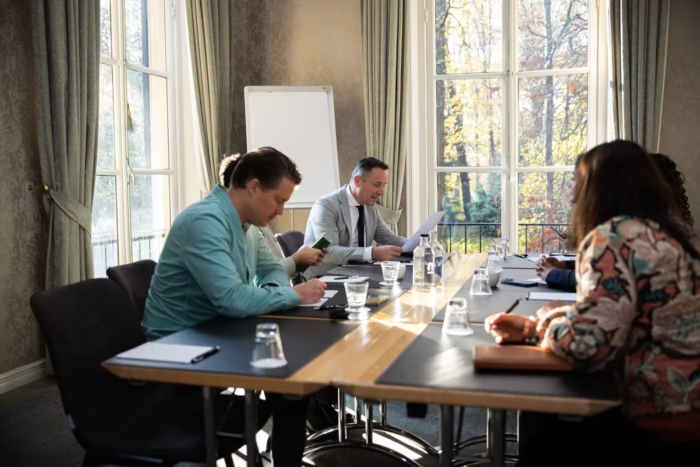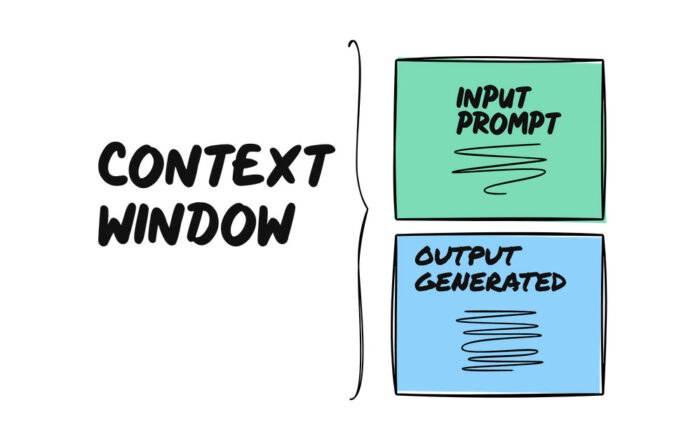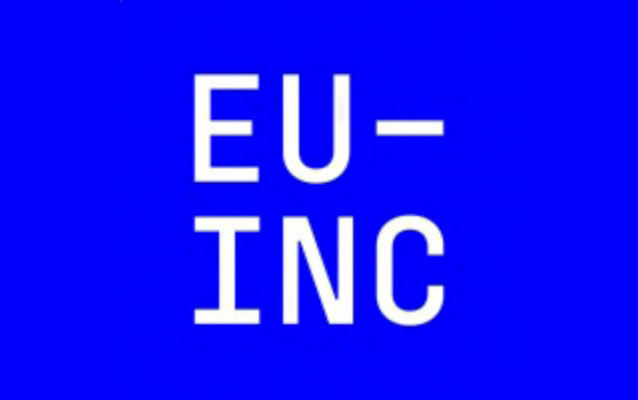Five investment trends defining Health Tech in 2026
From 9 to 12 February 2026, WHX Dubai 2026 marked a new chapter for the region’s flagship healthcare exhibition, formerly known as Arab Health. Hosted for the first time at Dubai Exhibition Centre in Expo City, the rebranded World Health Expo positioned Dubai not only as a convening hub, but increasingly as a platform for…











